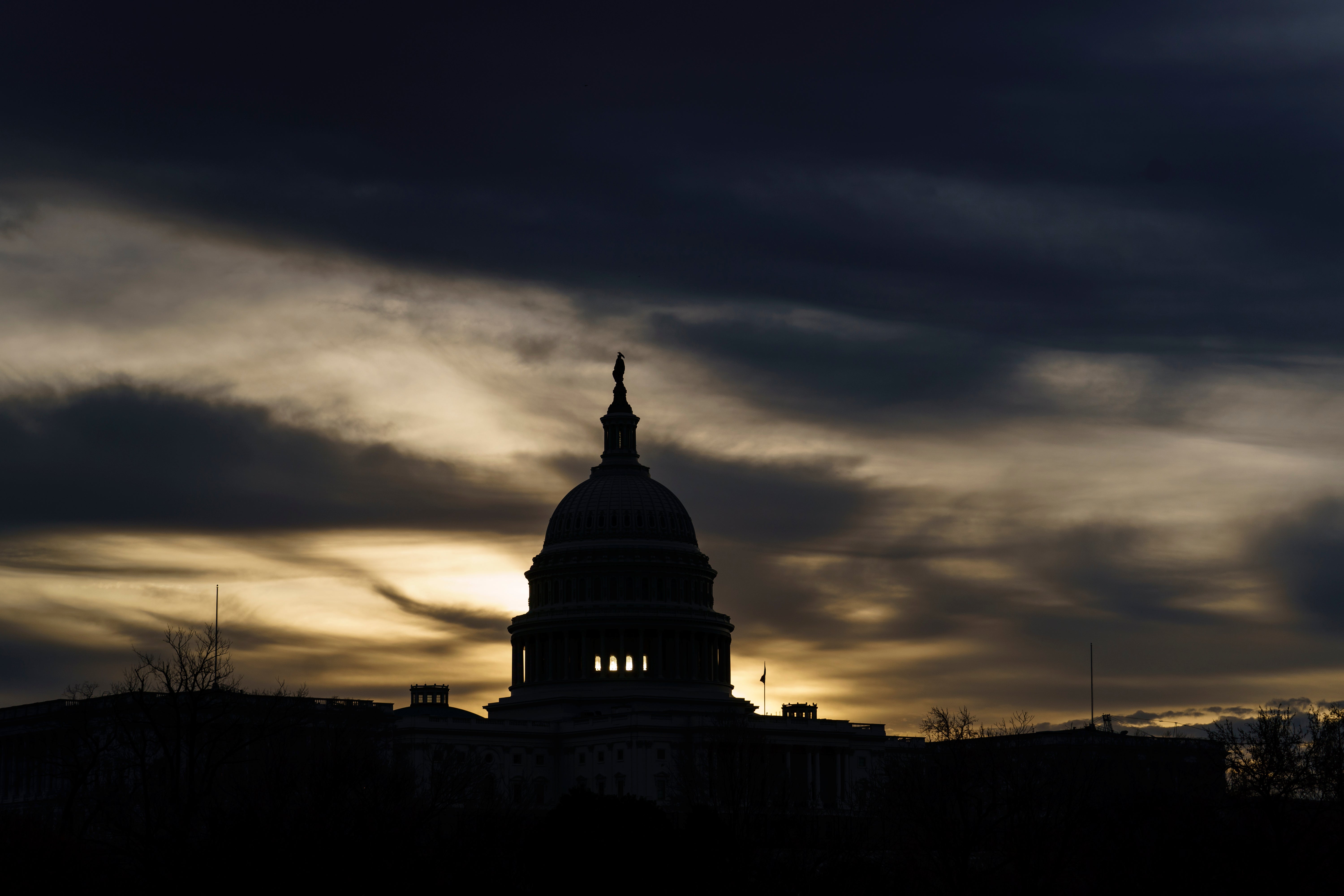How important are filibuster rules to the US Congress – and what does the future hold?
The latest attempts to modify the rules could have big future implications for both Democrats and Republicans, writes Chris Stevenson

Democratic senators Joe Manchin and Kyrsten Sinema sided with Republicans this week to protect the legislative filibuster – used to delay action, usually a final vote, on a bill or other issue by invoking the right to unlimited debate. It requires 60 votes to end these debates.
The Democrat leadership in the Senate had been seeking to end the filibuster in order to help pass sweeping new voting protections. With the Senate split 50-50 – and Republicans opposed to the voting measures – Democrats and Joe Biden’s White House have said that the legislation is important enough to mean the end of the filibuster. “Isn’t protecting voting rights, the most fundamental wellspring of this democracy, more important than a rule?” the leading Democrat in the Senate, Chuck Schumer, said.
Manchin and Sinema believe otherwise. “For those who believe that bipartisanship is impossible, we have proven them wrong. Ending the filibuster would be the easy way out. I cannot support such a perilous course for this nation,” said Manchin. While Sinema supports the voting rights legislation, she said: “I also maintained my longstanding opposition to separate actions that would deepen our divisions and risk repeated radical reversals in federal policy, cementing uncertainty and further eroding confidence in our government.”
Subscribe to Independent Premium to bookmark this article
Want to bookmark your favourite articles and stories to read or reference later? Start your Independent Premium subscription today.
Join our commenting forum
Join thought-provoking conversations, follow other Independent readers and see their replies